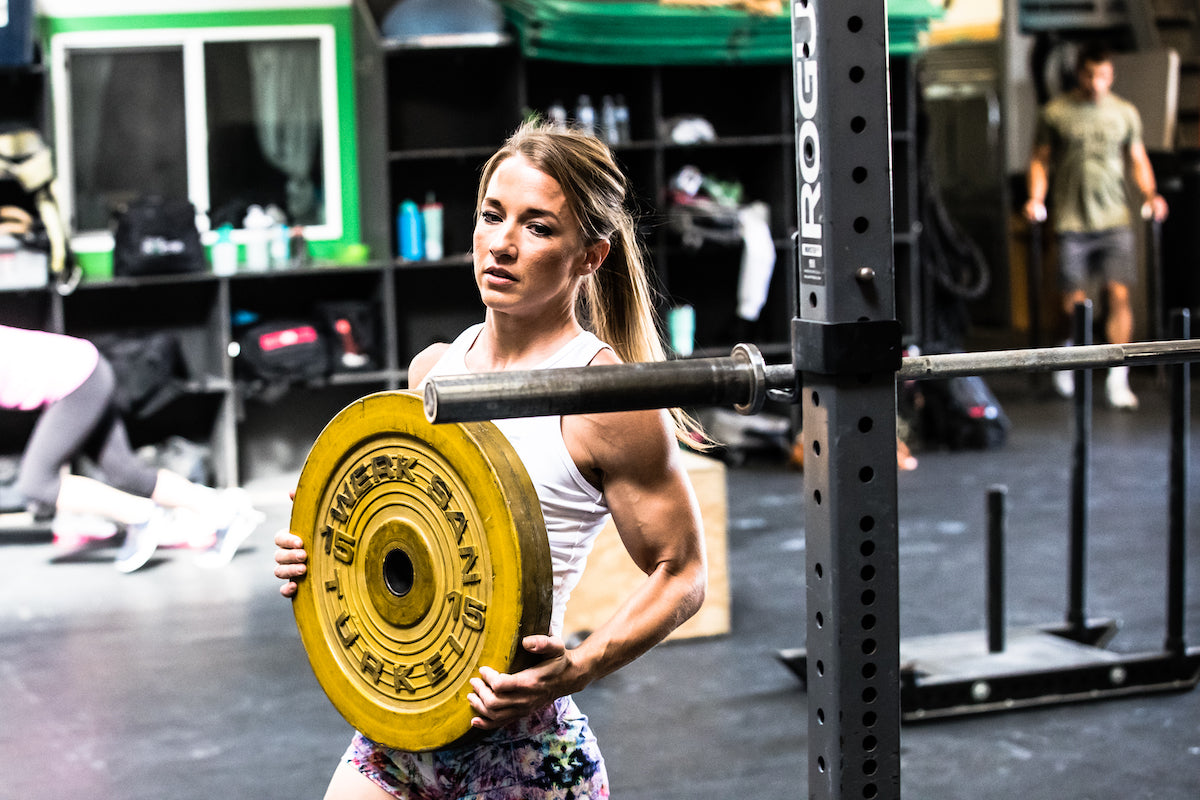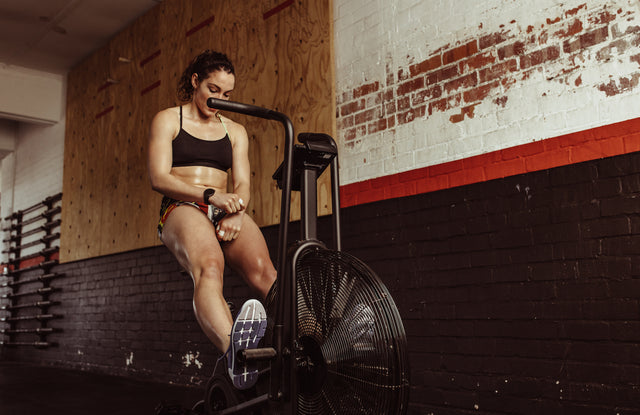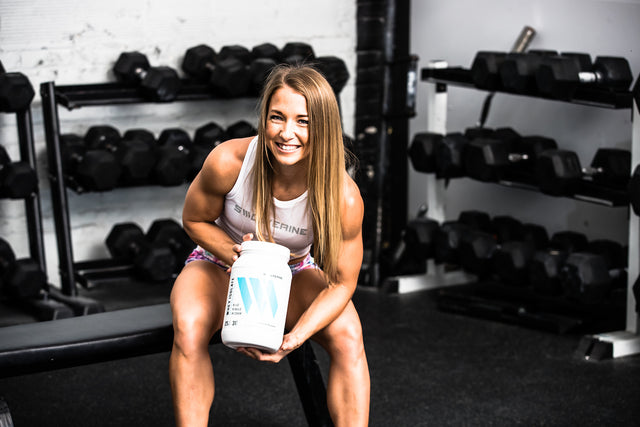Testosterone isn’t just a “male hormone” or a buzzword in bodybuilding circles—it’s one of the most important hormones for total body optimization. From building lean muscle and torching stubborn fat to improving sleep, mood, recovery, and libido, testosterone plays a critical role in both men’s and women’s health.
But here’s the catch: as we age, lifestyle habits, stress, sleep, and nutrition can cause testosterone levels to drop—leading to frustrating plateaus, low energy, poor recovery, and increased fat gain (especially around the belly).
In this comprehensive guide, we’ll break down what testosterone really is, how it affects your body composition, the symptoms of low levels, and the best science-backed strategies to naturally boost testosterone and burn more fat—without synthetic hormones or risky shortcuts.
What Is Testosterone?
Testosterone is a primary androgenic and anabolic steroid hormone naturally produced by both men and women—though men produce it in significantly higher quantities. It’s synthesized primarily in the testes in men and the ovaries and adrenal glands in women.
Testosterone plays a critical role in:
-
Muscle protein synthesis
-
Red blood cell production
-
Sexual health and libido
-
Mood regulation
-
Bone mineral density
-
Fat metabolism
-
Cognitive function and mental clarity
Optimal testosterone levels are essential for body recomposition, energy, confidence, and performance. Imbalances—either too low or too high—can negatively affect your body, behavior, and long-term health.
🔍 RELATED STUDY: Testosterone and the Aging Male: To Treat or Not to Treat? - NEJM – Bhasin et al., 2003
Do Increased Testosterone Levels Help Reduce Body Fat?
Yes. Higher testosterone levels promote lean muscle mass, which in turn boosts basal metabolic rate (BMR)—the amount of energy your body burns at rest. More muscle = more calories burned.
Conversely, low testosterone is associated with:
-
Increased fat mass (especially visceral abdominal fat)
-
Decreased lean mass
-
Lower energy and motivation to exercise
-
Mood disorders (depression, irritability)
-
Lower libido and sexual performance
📉 One study found that men with obesity had 30–40% lower testosterone than lean men (Tajar et al., JCEM, 2010).
Key Metabolic Effects of Testosterone:
-
Enhances lipolysis (fat breakdown)
-
Inhibits lipoprotein lipase (an enzyme that promotes fat storage)
-
Improves insulin sensitivity, helping stabilize blood sugar
-
Supports appetite regulation via leptin signaling
How Does Testosterone Burn Body Fat?
Fat loss isn’t just about calorie balance. Hormones like testosterone orchestrate how your body stores and burns fat.
Visceral fat, in particular, produces aromatase—an enzyme that converts testosterone into estrogen. This estrogen increase:
-
Suppresses GnRH (gonadotropin-releasing hormone)
-
Reduces LH (luteinizing hormone) production
-
Leads to lower testosterone production
This hormonal cascade promotes more fat gain and muscle loss—a vicious metabolic cycle.
🔬 RELATED STUDY: Aromatase and Fat Distribution – The Journal of Steroid Biochemistry and Molecular Biology, 2001
Signs and Symptoms of Low Testosterone
Common Symptoms of Low Testosterone:
-
Decreased libido
-
Fatigue and poor recovery
-
Increased body fat (especially belly fat)
-
Mood swings, depression, or irritability
-
Reduced muscle mass and strength
-
Poor sleep or insomnia
-
Brain fog and reduced focus
Recognizing these symptoms early can help you address hormonal imbalances before they impact your long-term health.
How Testosterone Impacts Women
While testosterone is produced in smaller amounts in women, it still plays a crucial role in overall health.
In women, testosterone supports:
-
Lean muscle maintenance
-
Bone strength
-
Mood and libido
-
Energy and metabolic health
Low testosterone in women may contribute to:
-
Chronic fatigue
-
Loss of muscle tone
-
Decreased sex drive
-
Weight gain
-
Mood instability
📚 SOURCE: Glaser R et al., Menopause, 2011
How To Naturally Increase Testosterone Levels To Reduce Body Fat
1. Nutrition
Diet is your foundation. Caloric intake, macronutrient quality, and micronutrient density all impact hormonal balance.
Focus on:
-
Lean proteins (chicken, eggs, bison, fish)
-
Complex carbohydrates (sweet potatoes, oats, quinoa)
-
Healthy fats (avocado, olive oil, nuts, fatty fish)
Micronutrients that directly support testosterone production:
-
Zinc (oysters, pumpkin seeds, beef)
-
Magnesium (spinach, dark chocolate, almonds)
-
Vitamin D (fatty fish, fortified foods, sunlight)
❗ Crash diets, fasting, or going extremely low-fat can tank testosterone production.
RELATED ARTICLE: How To Create An Amazing Nutrition Plan
Check out The Swole Kitchen for custom plans that support optimal hormone health.
2. Get More Quality Sleep
Sleep is non-negotiable. Up to 70% of daily testosterone release occurs during REM sleep.
Chronic sleep deprivation reduces testosterone by up to 15% in just one week (Leproult & Van Cauter, JAMA, 2011).
Natural sleep enhancers like ZMT provide:
-
Zinc: Cofactor in testosterone synthesis
-
Magnesium Aspartate: Promotes deep sleep and recovery
-
Vitamin B6: Assists in neurotransmitter and hormone production
RECOMMENDED PRODUCT: ZMT – 30 Servings, $64.99
RELATED ARTICLE: How To Get Better Quality Sleep
3. Supplement a Natural Testosterone Booster
Natural test boosters work by stimulating your hypothalamic-pituitary-gonadal (HPG) axis to produce more testosterone endogenously.
Effective ingredients with clinical backing:
-
Tongkat Ali – Reduces cortisol and boosts libido/testosterone (Tambi et al., Andrologia, 2012)
-
DIM – Supports estrogen metabolism to maintain T/E ratio
-
Rhodiola Rosea – Adaptogen that reduces fatigue and improves vitality
RECOMMENDED PRODUCT: ZMT – 30 Servings, $35.99
RELATED ARTICLE: Do Testosterone Boosters Work?
4. Lift Heavier Weights
Resistance training increases serum testosterone both acutely and chronically, especially when large muscle groups are targeted (legs, back, chest).
Tips:
-
Use compound lifts: Deadlifts, squats, presses, rows
-
Train in the 6–12 rep range for optimal hormonal response
-
Keep workouts intense but under 60 minutes to avoid excess cortisol
-
Prioritize progressive overload
💪 Women can also benefit: Strength training supports bone density, metabolic health, and natural testosterone balance.
RELATED ARTICLE: 5 Reasons Why Women Should Be Lifting Heavier Weights
5. Reduce Stress
Chronic stress leads to chronically elevated cortisol, which suppresses testosterone production.
Stress management techniques:
-
Cold therapy (ice baths, cold plunges)
-
Meditation and mindfulness
-
Deep diaphragmatic breathing
-
Sunlight exposure (also boosts vitamin D)
☀️ Vitamin D deficiency is linked to lower testosterone (Pilz et al., Horm Metab Res, 2011).
FAQs About Testosterone
Does testosterone help burn belly fat?
Yes. Higher testosterone supports lean muscle retention and improves fat oxidation, particularly around the midsection.
Can you increase testosterone naturally?
Yes. Through quality sleep, resistance training, nutrition, and herbal supplements like Fenugreek or Tongkat Ali.
What foods kill testosterone?
Highly processed foods, excess sugar, alcohol, and trans fats may lower testosterone levels.
Do women need testosterone?
Yes. While women produce far less than men, testosterone is essential for libido, mood, muscle tone, and energy.
Testosterone is not just a “male hormone” or something bodybuilders chase. It’s a vital hormone for both men and women that affects everything from fat loss and muscle gain to mood, energy, sleep, and sexual health.
If you're struggling with low energy, stubborn fat, or poor recovery, it might be time to optimize your testosterone levels naturally.
🔗 Want help getting started with a sustainable plan?
Book your free nutrition consultation at The Swole Kitchen
More Resources
Reclaim Your Health by Optimizing Testosterone Naturally
Testosterone isn’t just about muscle—it’s about metabolism, mental clarity, motivation, and long-term vitality. If you’ve been feeling stuck in your fitness, low in energy, or frustrated by stubborn fat that won’t budge, your hormone health might be the missing piece.
The good news? You don’t need injections or shortcuts. With the right habits—like quality sleep, resistance training, micronutrient-rich nutrition, and targeted supplementation—you can naturally optimize testosterone and unlock the results you’ve been chasing.
Start small. Stay consistent. And if you need personalized help building a strategy that works for your body and goals, The Swole Kitchen is here to help you every step of the way.













